13 start with C start with C
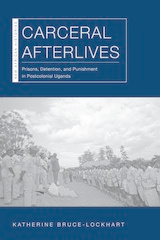
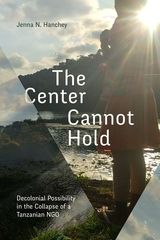

Yoweri Museveni battled to power in 1986. His government has impressed many observers as Uganda’s most innovative since it gained independence from Britain in 1962. The Economist recommended it as a model for other African states struggling to develop their resources in the best interests of their peoples.
But where was change to start? At the bottom in building resistance committees, or at the top in tough negotiations with the IMF? How was it to continue? Was it in the restructuring of the national army, in increasing respect for human rights, in the reform of education, in tackling AIDS, or in getting Ugandans to speak a common language? Was it in building more viable survival strategies for the poorest Ugandans or in restructuring the national constitution? The last five years have shown a radical approach to Uganda’s dilemmas.
Holger Bernt Hansen and Michael Twaddle previously edited Uganda Now. It was brought together at a significant moment just as President Museveni was gaining power in 1985-6. It was so much in demand that it even entered the magendo market on the streets of Kampala. The book, which is still in print, was described by The Canadian Journal of African Studies as ‘virtually a mini-encyclopedia of Uganda’ and by The African Studies Review as ‘the best overview of Uganda’s trauma in the last two decades.’
The editors have assembled another team of Ugandan and international scholars to review the dilemmas of introducing revolutionary changes in an African country deeply affected by structural adjustment plans which have been imposed from outside.
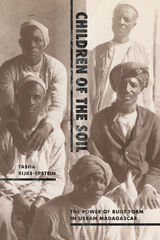
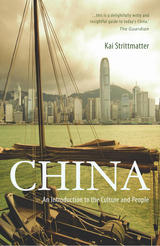
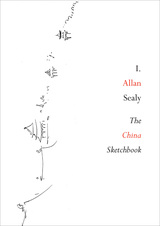
Sealy is known for both his fiction and his travelogue From Yukon to Yukatan: A Western Journey. This facsimile edition of The China Sketchbook, however, adds a special dimension to a travel narrative—the sketches and scribbles give readers a more immediate and unrestrained insight into the mind of a very fine writer and chart an unusual and quirky travel diary.
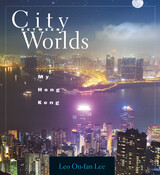
Hong Kong is perched on the fault line between China and the West, a Special Administrative Region of the PRC. Leo Ou-fan Lee offers an insider’s view of Hong Kong, capturing the history and culture that make his densely packed home city so different from its generic neighbors.
The search for an indigenous Hong Kong takes Lee to the wet markets and corner bookshops of congested Mong Kok, remote fishing villages and mountainside temples, teahouses and noodle stalls, Cantonese opera and Cantopop. But he also finds the “real” Hong Kong in a maze of interconnected shopping malls, a jungle of high-rise residential towers, and the neon glow of Chinese-owned skyscrapers in the Central Business District, where land development, global trade, capital accumulation, consumerism, and free-market competition trump every value—except family.
Lee illuminates the relationship between Hong Kong’s geography and its colonial experience, revisiting colonial life on the secluded Peak, in the opium-filled godowns along the harborfront, and in crowded, plague-infested tenements. He examines, with a critic’s eye, the “Hong Kong story” in film and fiction: romance in the bars and brothels of Wan Chai, crime in the walled city of Kowloon, ennui on the eve of the 1997 handover.
Whether viewed from Tsing Yi Bridge or the deck of the Star Ferry, from Victoria Peak or Lion Rock, Hong Kong sparkles here in all its multifaceted complexity, a city forever between worlds.
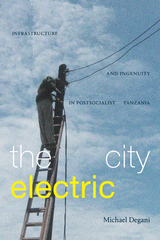
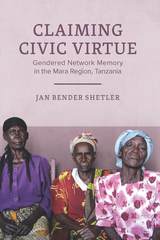
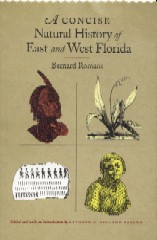
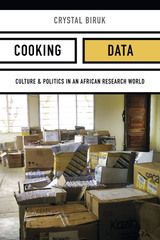

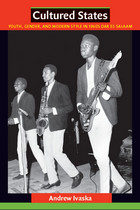
READERS
Browse our collection.
PUBLISHERS
See BiblioVault's publisher services.
STUDENT SERVICES
Files for college accessibility offices.
UChicago Accessibility Resources
home | accessibility | search | about | contact us
BiblioVault ® 2001 - 2024
The University of Chicago Press









